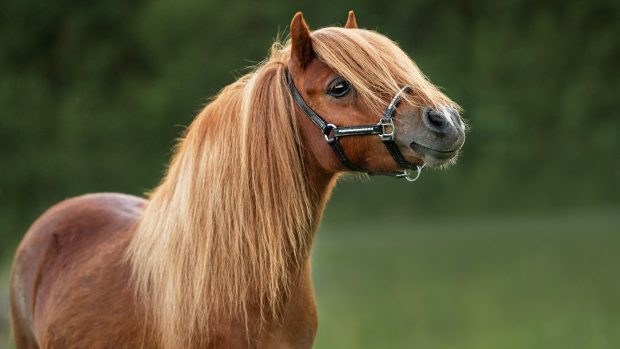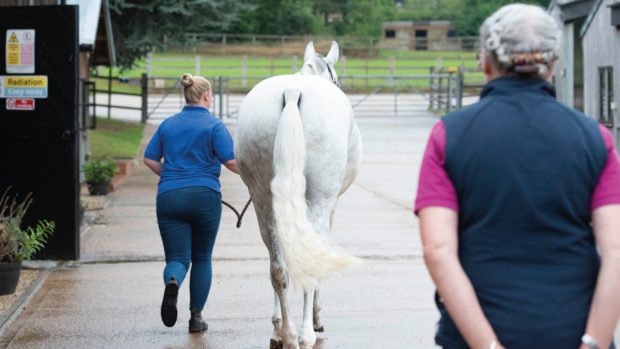Action is being taken to combat the spiralling insurance premiums that have put many British riding establishments out of business. Defra is looking to amend the Animals Act 1971, which is blamed for the rising costs.
Jim Knight, Defra’s minister for the horse industry, told HHO: “We believe that the Animal’s Act should be amended to take out what we feel is an unjust clause.”
The Animals Act was introduced to make the owner of a dangerous animal liable for any harm or damage it caused. However, a recent House of Lords legal judgment means that an owner can be held responsible if their animal causes injury by behaving in a way typical of its species.
As the legislation stands, if a horse is spooked and causes damage or injury while in its fearful state, the owner can be held liable. Campaigners want the Act to be more focused so it does not make horse owners legally responsible for accidents, only negligence.
“There is a very clear problem when, through no negligence on the part of the owner, they can be held liable for the natural behaviour of their animal,” Knight explains. “I don’t think that’s a tenable position to be in.”
Speaking after the launch of DEFRA’s new strategy for the horse industry earlier this week, Knight said: “By bringing the industry together and making it coherent we will be better placed to come up with answers to subjects like insurance.
“We’ve got to agree a way forward with regards to the treatment of the Animals Act and we’re far more likely to be able to come up with a workable solution with a unified and coherent industry voice.”
The Country Land and Business Association (CLA) launched its campaign to raise awareness of the recent insurance hikes last month after receiving calls from hundreds of distressed riding school owners. Numerous schools are understood to have gone out of business after experiencing insurance premium rises of as much as 200%. The campaign has gained support from MPs across the country.
Ministers are now trying to find a current parliamentary bill that can be used to make the necessary amendments to the Animals Act. This will be the quickest way of changing the legislation. It is hoped that the Compensation Bill may prove suitable.
“The Animals Act should apply to animals that are fundamentally dangerous, such as tigers, but for perfectly normal animals like horses it seems ridiculous to impose such a law on them,” says Dr Karen Jones, chief legal advisor for the CLA. “We are pleased that the government is listening to the campaign of a very real problem.”




